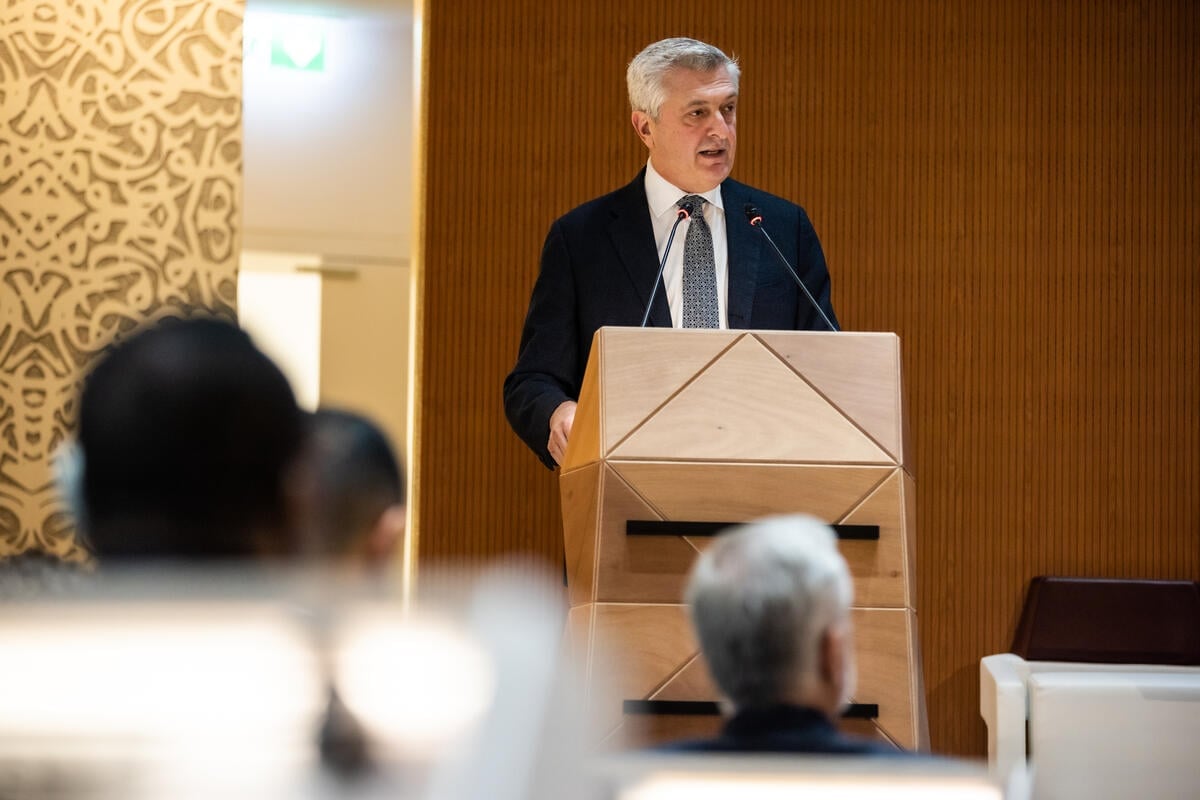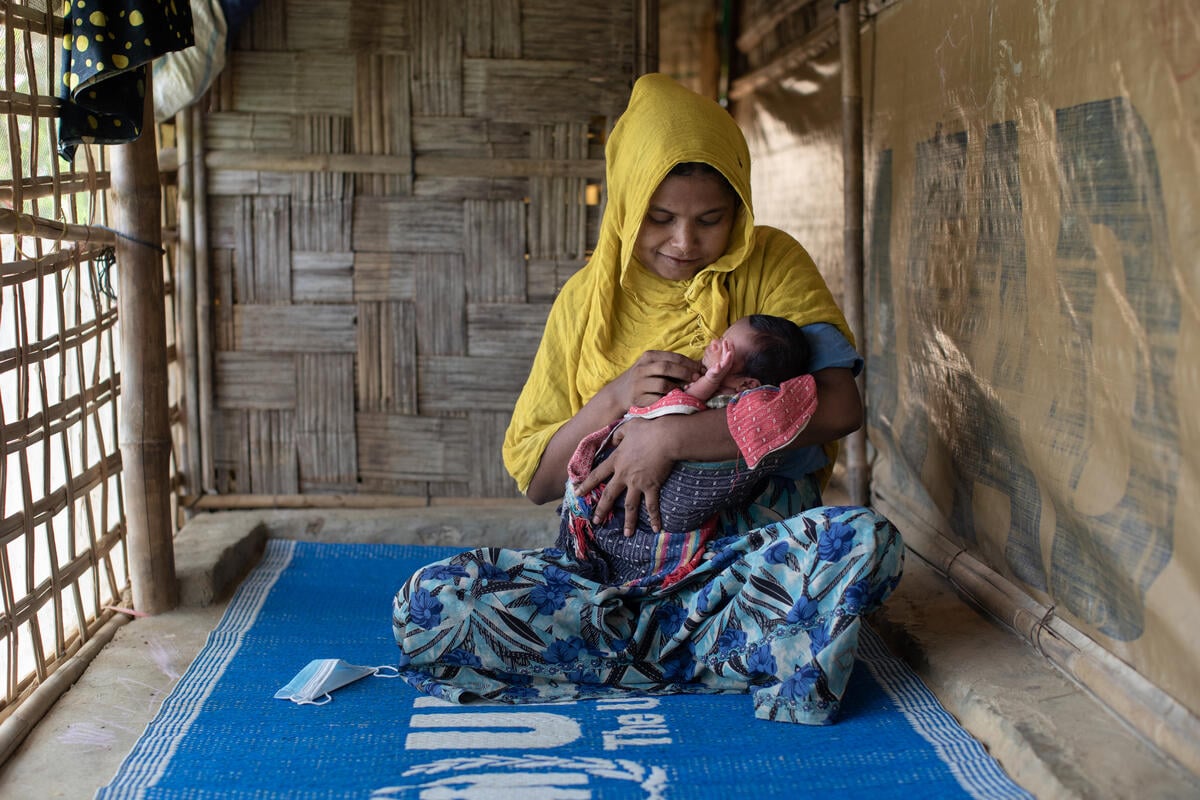Annual UNHCR meet ends with call to help world's most vulnerable people
Annual UNHCR meet ends with call to help world's most vulnerable people

GENEVA, October 10 (UNHCR) - High Commissioner António Guterres wrapped up the UN refugee agency's annual Executive Committee meeting on Friday with a reminder that support for the world's most vulnerable and disadvantaged people is an investment in the creation of a better life for all.
"We have heard a lot this week about income, costs, expenditures and disbursements," Guterres told delegates from 76 member states at the end of the UNHCR governing body's five-day meeting.
"But I would like you to leave Geneva with another word in your mind: investment. The resources that you so generously provide to UNHCR certainly enable us to support some of the most vulnerable and disadvantaged people. But they also represent an investment in the creation of a more peaceful and prosperous world."
The High Commissioner said supporting the world's displaced and stateless people not only makes a tangible difference in their lives, but can also provide an important contribution to the attainment of broader objectives.
"When we provide protection and solutions we facilitate the task of maintaining international peace and security," he said. "When we provide protection and solutions we create the conditions for sustainable development. When we provide protection and solutions we advance the cause of human rights and gender equality. And when we provide protection and solutions we promote a context in which migration can be more effectively and equitably managed."
The Executive Committee approved UNHCR's 2009 annual budget of US$1.275 billion, with an additional US$535 million for supplementary programmes.
In a press conference later Friday, Guterres said we live in a world in which humanitarian needs are growing, citing climate change, environmental degradation, economic disparities, competition for increasingly scarce resources and open conflict.
"My strong appeal to the international community is that those humanitarian needs not be forgotten," he said. "We have witnessed in recent weeks decisions for hundreds of billions of dollars to be used to rescue financial systems. And it is very probably something that needs to be done. But it will be a disaster if it will undermine the capacity of states and people around the world to go on providing increasing humanitarian aid that is absolutely crucial."
Guterres said "we are speaking of peanuts" when comparing humanitarian financial needs with the huge amounts being spent on financial rescue packages worldwide. If those relatively small humanitarian expenditures were to be reduced, it would have dramatic consequences not only on UNHCR but on all humanitarian organizations.









